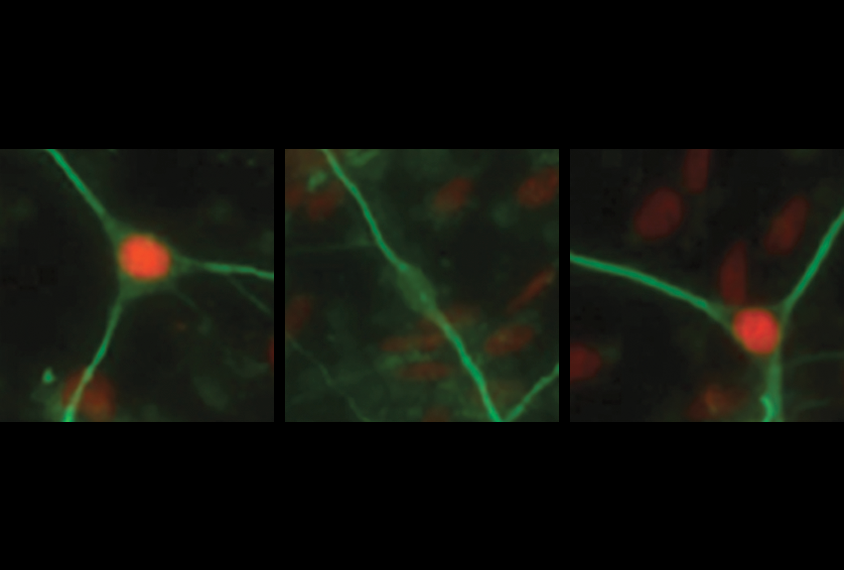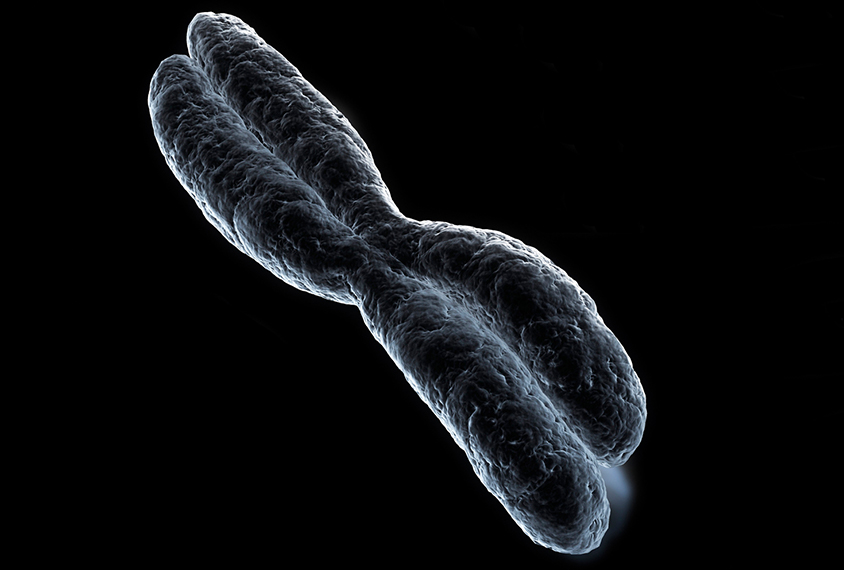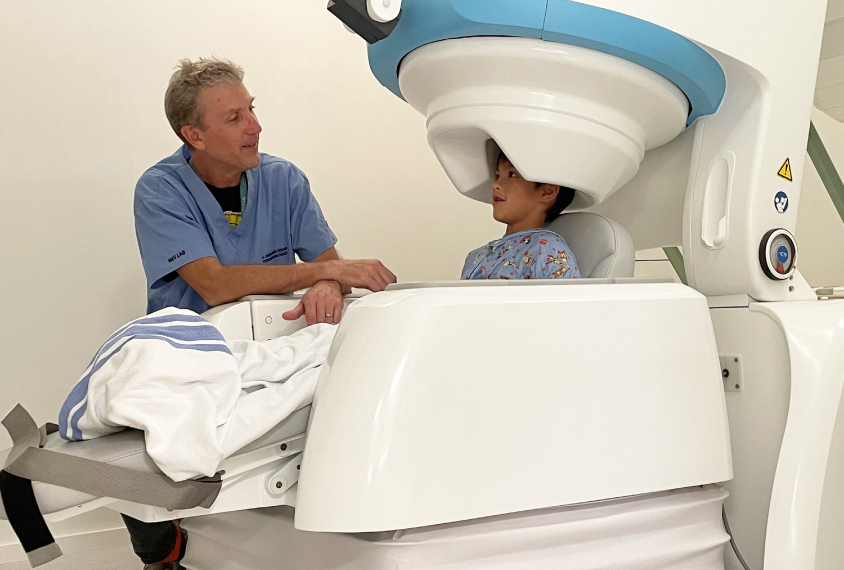Nora Bradford is a California-based freelance writer specializing in neuroscience, marine biology and biomedical sciences. She has a B.S. in neuroscience, psychology and philosophy from the University of Chicago and is completing a Ph.D. in cognitive science at University of California, Irvine.

Nora Bradford
Contributing Writer
Spectrum
From this contributor
Epigenome edits unmute MECP2 in Rett-like neurons
The approach removes methyl tags from the gene and shields it from other silencing factors without changing the gene itself, raising hopes for a new treatment.

Epigenome edits unmute MECP2 in Rett-like neurons
Common and rare autism-linked variants share functional effects
Within the 16p region of the genome, the two types of variants similarly decrease neuronal gene expression — an effect that may reflect their spatial relationship.

Common and rare autism-linked variants share functional effects
Auditory cortex may develop early in autism
A well-studied brain response to sound appears earlier than usual in young children with autism.

Auditory cortex may develop early in autism
Explore more from The Transmitter
Lack of reviewers threatens robustness of neuroscience literature
Simple math suggests that small groups of scientists can significantly bias peer review.

Lack of reviewers threatens robustness of neuroscience literature
Simple math suggests that small groups of scientists can significantly bias peer review.
Dendrites help neuroscientists see the forest for the trees
Dendritic arbors provide just the right scale to study how individual neurons reciprocally interact with their broader circuitry—and are our best bet to bridge cellular and systems neuroscience.

Dendrites help neuroscientists see the forest for the trees
Dendritic arbors provide just the right scale to study how individual neurons reciprocally interact with their broader circuitry—and are our best bet to bridge cellular and systems neuroscience.
Two primate centers drop ‘primate’ from their name
The Washington and Tulane National Biomedical Research Centers—formerly called National Primate Research Centers—say they made the change to better reflect the breadth of research performed at the centers.

Two primate centers drop ‘primate’ from their name
The Washington and Tulane National Biomedical Research Centers—formerly called National Primate Research Centers—say they made the change to better reflect the breadth of research performed at the centers.